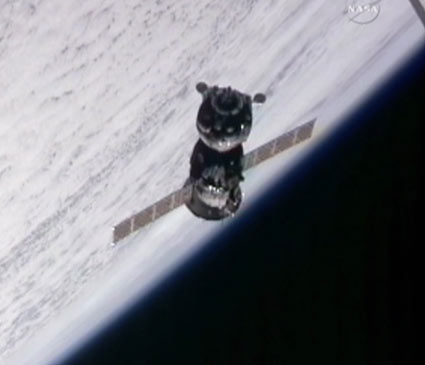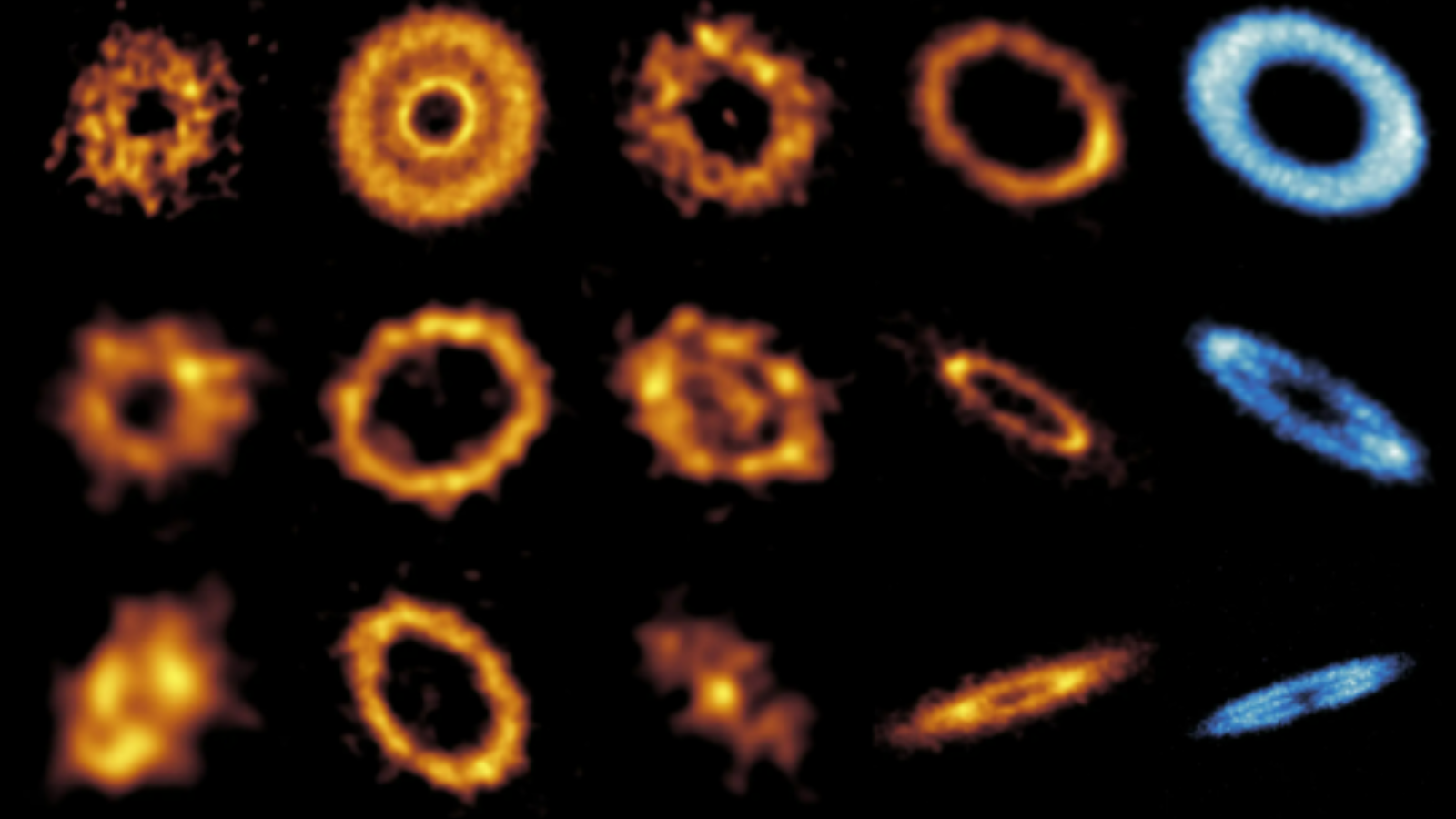Russia Wants Nuclear-Powered Spaceships and Space Debris Shields

Russia has begun some ambitious space projects, including anew system to protect spacecraft from space junk and a nuclear-powered enginefor future spaceships, according to Russian news reports.
The spacedebris protection system is designed to safeguard future outposts on themoon and Mars, officials at Russia's Central Research Institute of MachineBuilding said, the Russian Ria Novosti newspaperhas reported.
"Protection of spacecraft modules againstmicrometeorite impact and space debris, based on the use of protective screens,that is passive protection, is at the limit of its technical capability due toweight restrictions," the institute's experts said. "This is why weneed to develop new protection based on self-sealing systems capable ofindependently and quickly restoring the object's air-tightness in case ofleaks." [MostMemorable Space Debris Events]
Space junk is such a risk that Russia is also reportedlydeveloping a $2 billion spacecraft that would sweep the orbital space aroundEarth from satellite debris, according to China's state-run Xinhuanews service and Russia's Interfax news agency.
"The corporation promised to clean up the space in tenyears by collecting about 600 defunct satellites on the same geosynchronousorbit and sinking them into the ocean subsequently," said Victor Sinyavskyfrom RSC Energia, Xinhua quoted from an Interfax report.
Another project to develop nuclear-poweredspaceships will also be a complex undertaking.
Officials from Russia's main space contractor, RSC Energia,said on Tuesday the company is planning to start working on space modules withnuclear-powered propulsion systems next year, and the first launches of suchmodules could come in 2020, according to Ria Novosti.
Breaking space news, the latest updates on rocket launches, skywatching events and more!
Anatoly Perminov, director of Russia's Federal Space AgencyRoscosmos has said the development of nuclear-powered manned spacecraft iscrucial if Russia wants to maintain a competitive edge in the space race,including the exploration of the moon and Mars.
Such an effort will likely cost 17 billion rubles (more than$580 million in U.S. currency), Ria Novosti reported.
Russia is also reportedly targeting a moon- or Mars-basednuclear power station, according to the newspaper. That station could operatefor 10 to 15 years, Russian space officials said.
- Most Memorable Space Debris Events
- Top 10 Soviet and Russian Space Missions
- NASA Steps Closer to Nuclear Power for Moon Base

Clara Moskowitz is a science and space writer who joined the Space.com team in 2008 and served as Assistant Managing Editor from 2011 to 2013. Clara has a bachelor's degree in astronomy and physics from Wesleyan University, and a graduate certificate in science writing from the University of California, Santa Cruz. She covers everything from astronomy to human spaceflight and once aced a NASTAR suborbital spaceflight training program for space missions. Clara is currently Associate Editor of Scientific American. To see her latest project is, follow Clara on Twitter.
